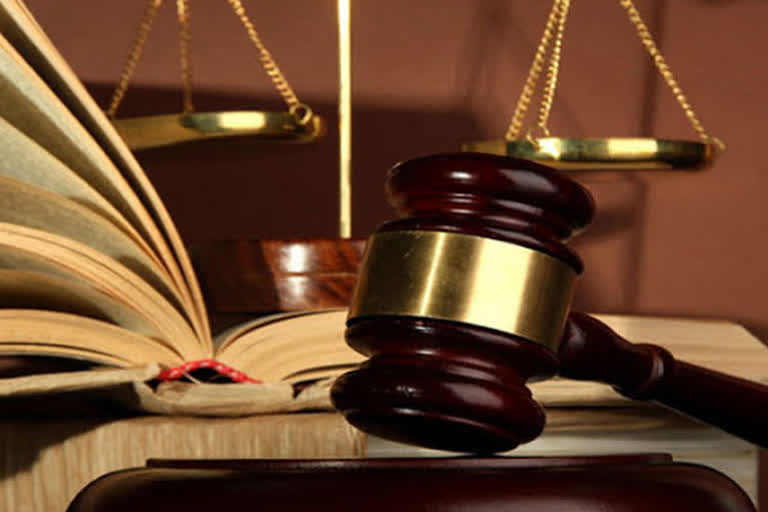Hyderabad: With the latest technological advancements, crimes and atrocities are continuing unperturbed. But our judiciary is still hanging on to the outdated practices, seemingly making justice a mirage in the country.
A sting operation named Operation West End conducted by Tehelka in 2001 exposed the dark side of Indian armed forces and secret defense deals of the then ruling NDA party. The India Justice Report (2019) prepared by the Tata Trusts in collaboration with the Center for Social Justice, revealed that India ranked 68th of 126 nations in the Rule of Law Index. An uptick in violence has cost India an equivalent of 9 per cent of the GDP.
It became a custom for every Finance Minister to proclaim the defence sector as paramount in every Union budget. But the CAG reports present a different picture of meagre allocations and rampant corruption. In 2001, the Indian news magazine Tehelka created a fictitious London-based arms manufacturing company known as West End International. The investigative journalists got in touch with several defense officers under the pretext of selling hand-held thermal cameras and other military equipment. Tehelka spent 10.8 lakh to execute this operation, most of which went in paying bribes and commissions to officers and politicians. But it exposed the greed and moral bankruptcy of political and bureaucratic people in India.
Former Minister of Defense Mulayam Singh Yadav infamously said that corruption was commonplace while dealing with defense contracts. True to that, Operation West End started with bribing the Senior Section Officer and proceeded onto the BJP Chief Bangaru Laxman and the then defense minister George Fernandes. The video CDs of the operation released in March 2001 led to a political storm. The visual of Laxman accepting Rs one lakh for pursuing the proposal sent shock waves across the nation. National President and Treasurer of Samata Party Jaya Jaitley and RK Jain were among others who took bribes.
Read: By treating Soz as prisoner, govt trampling democracy: Priyanka
While the court convicted several defense personnel of corruption charges, no serious charges were pressed against politicians. After years of investigation, a CBI court recently convicted Jaya Jaitley and two others in a corruption case related to the defense deal. Even though Jaitley got a 4-year jail sentence, bail was issued almost immediately, mirroring the actual state of law and justice in India. Despite concrete evidence, why did the CBI take so long to issue a final verdict?
Post the Tehelka operation, Justice K Venkataswami, the one-man commission, inquired into the magazine’s expose on corruption in defense deals. Venkataswami presided over a high-profile inquiry for 20 months and conducted 181 sittings concluding in his resignation owing to political pressure. Citing outcry against his assignment as Chairman of the Authority for Advance Rulings, he chose to withdraw from Tehelka proceedings.
The then UPA government refused to extend the tenure of Phukan Commission, which had been inquiring into Tehelka tapes since July 2003. One cannot deny that the UPA government was miffed with SN Phukan giving a clean chit to George Fernandes. Though the CBI filed a total of 9 cases on politicians and defense officers; it took 4 years for the special CBI court to convict Bangaru Laxman. In the case of Jaya Jaitley, the court took 8 years.
Read: Union minister Shekhawat gets relief in scam case
Justice is nothing but a delusion for the common man in India. In 1997, a ruling by the Supreme Court listed several guidelines to ensure the independence of CBI. The SC ordered setting up an impartial agency along the lines of Director of Prosecutions, England, and handing over CBI and ED operations to the regulatory agency. But the successive governments circumvented the guidelines and transformed the investigating agency into another wing of the government.
Take the instance of South Korea – the President was jailed for 15 years for corruption. The situation is quite contrary in India, famed as the largest democracy in the world. Reforms to the obsolete criminal justice system and Evidence Act, bringing about innovative trial methods and introduction of technological advances in legal proceedings will ensure justice to all. This will put an end to the decades’ long corruption cases and minimise the prevalence of criminalization in Indian politics.



